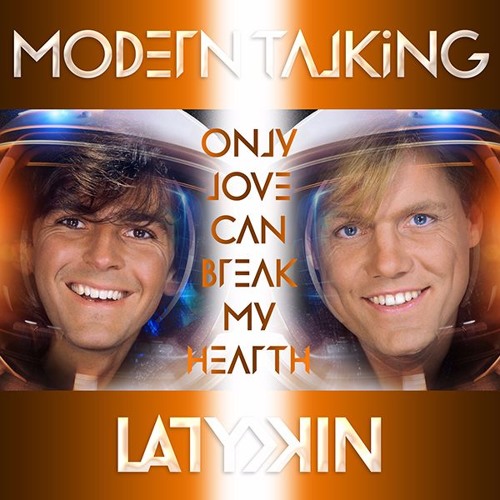
About the Song
“Only Love Can Break My Heart” by Modern Talking, from their 1986 album Ready for Romance, is a lush, synth-driven ballad that dives into the vulnerable and fragile side of love—a recurring theme in the duo’s emotionally rich catalog. While many of their hits celebrate longing, hope, or devotion, this track focuses on the bittersweet realization that love, as beautiful as it is, also holds the power to wound.
Lyrically, the song is a poetic confession from someone deeply aware of the emotional risks of giving their heart away. The refrain, “Only love can break my heart,” serves as both a lament and a truth universally felt. The narrator isn’t angry or bitter—he’s simply acknowledging the paradox of love: that the very thing which lifts you up can also let you fall. It’s this emotional complexity that gives the song its enduring resonance.
Thomas Anders’s vocal performance is smooth, expressive, and restrained. His voice carries the wistfulness of a man who’s not entirely broken, but clearly marked by a love that left a quiet ache. He doesn’t overpower the lyrics—instead, he lets them breathe, allowing listeners to connect personally with the feeling of loss wrapped in beauty.
Dieter Bohlen’s production is classic mid-’80s Euro-pop, featuring dreamy synthesizers, atmospheric drum machines, and soft melodic hooks. The soundscape feels expansive but intimate, creating a perfect backdrop for the emotional weight of the lyrics. The tempo is slower than many of their dance-centric hits, emphasizing reflection over rhythm, and giving the melody a gently haunting quality.
Musically, “Only Love Can Break My Heart” is elegant and immersive, combining romantic melancholy with polished pop craftsmanship. It follows the Modern Talking formula—romantic themes, melodic clarity, and sonic shimmer—yet offers a deeper introspection than some of their more radio-friendly tracks.
In the broader context of Ready for Romance, an album that also includes upbeat hits like “Atlantis Is Calling (S.O.S. for Love)”, this song provides a moment of introspective pause. It reminds fans that beneath the glitter of synth-pop, Modern Talking always had an emotional undercurrent, ready to explore the complexities of the human heart.